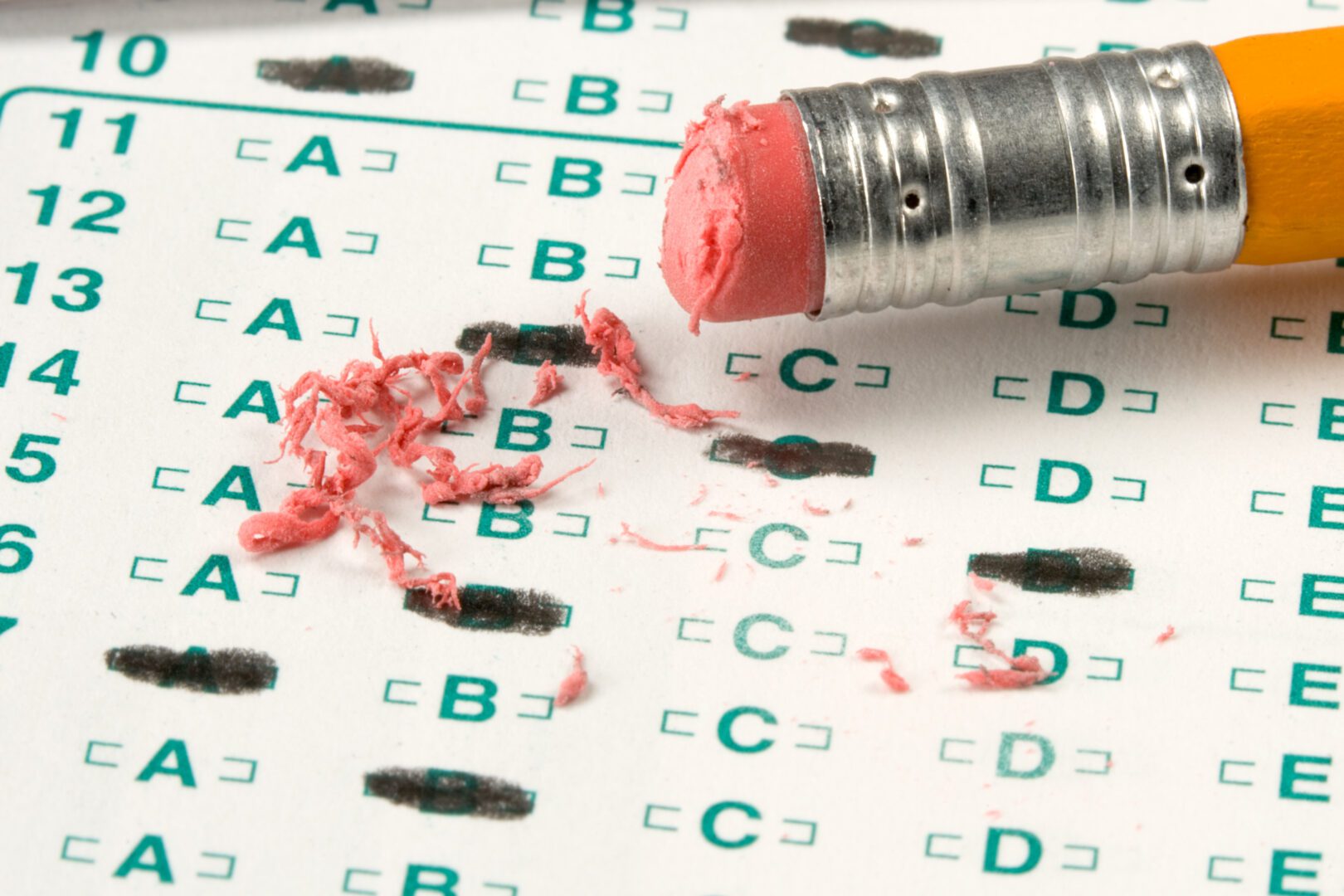Educators, parents and students all debate the value of standardized tests. Some say that standardized tests are the best way to evaluate students accurately, while others believe that these tests provide skewed, inaccurate results. There are many pros and cons of standardized tests; therefore, it is important to identify exactly what these tests are designed to do, and why.
What are standardized tests?
Standardized tests attempt to measure a student’s educational ability “across the board.” Educators use these results to determine current averages and identify high and low performers. All test takers answer the same questions and are scored the same way. This process makes it possible to compare students based on their performance. The testing sample can be as small as a classroom or as broad as the entire country.
Why standardized tests are important
Test such as these provide benchmarks of average performance which can help identify struggling students who need help, or gifted children for possible advancement. These benchmarks also help educators make a decision about the distribution of federal funds to schools across the country.
The process of standardized testing remains part of our education system, but are they helping or hurting students?
Standardized Testing: Pros
- Standardized testing can provide benchmarks for parents and teachers. This allows parents and teachers to see how a student is doing compared to other students in his or her class, city, and country.
- Standardized tests can help identify problem areas in individual students, as well as schools and curriculums.
- It provides guidelines for curriculum. Standardized tests give educators a structure for what subjects students need to learn, helping keep classroom material consistent across the country.
- It is a practical and accurate way of evaluating what a student does or does not know in key subjects like math, reading, and writing.
Standardized Testing: Cons
- Tests can create major stress for students. Students feel the pressure when it comes to performing well on tests. Test scores can affect student confidence. This can lead to students developing a negative attitude about their abilities and a dislike for school.
- Teachers may end up “teaching to the test” rather than giving students a deeper understanding of a subject. This also creates a classroom atmosphere that lacks creativity and can limit a student’s learning potential due to boredom.
- It evaluates student’s performance without considering external factors. Standardized tests don’t consider factors like test anxiety, home life, or the fact that some kids are extremely bright but just don’t test well.
- It only considers a single test performance upon evaluation. It does not consider how much a student has grown over the year.
- These tests create a limited scope of learning and success, only measuring specific areas like reading, writing, and math. They don’t provide a full picture of soft skills needed to learn, such as creativity, motivation, and cooperation
How to Prepare for Standardized Tests
Teaching students good study habits can help relieve test-taking stress and anxiety. Critics cite this as one of the main factors contributing to out-of-character scores.
If you are concerned about the performance of your child, there are ways to improve – the easiest of which is to hire a GradePower Learning tutor.
Our skilled tutors help students develop stronger test-taking strategies, manage their time, and improve critical thinking skills. Don’t wait. Begin building better study and test-taking skills today at GradePower Learning! Find a location today.
Please note that this post was originally published in 2014 and updated in 2024.







